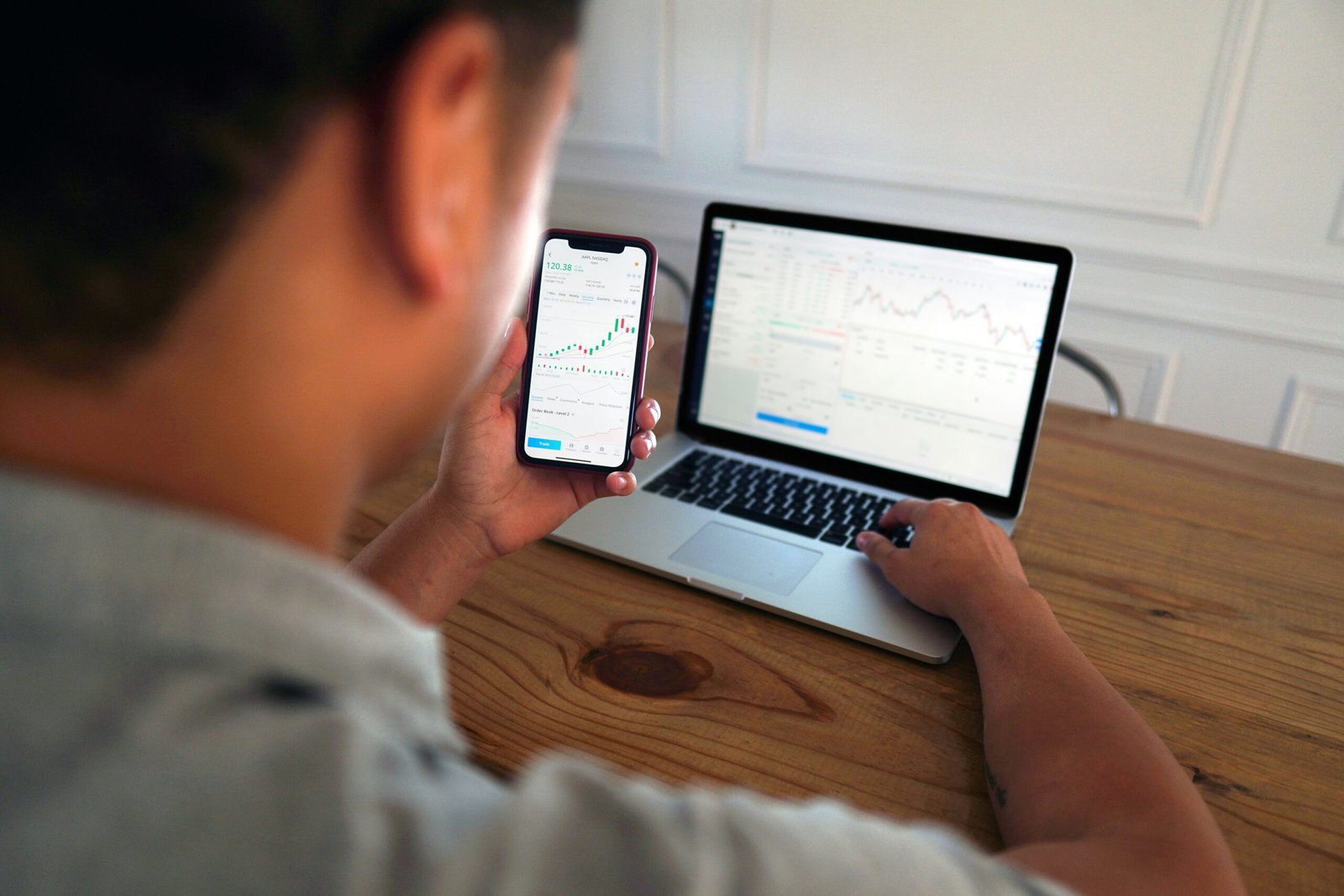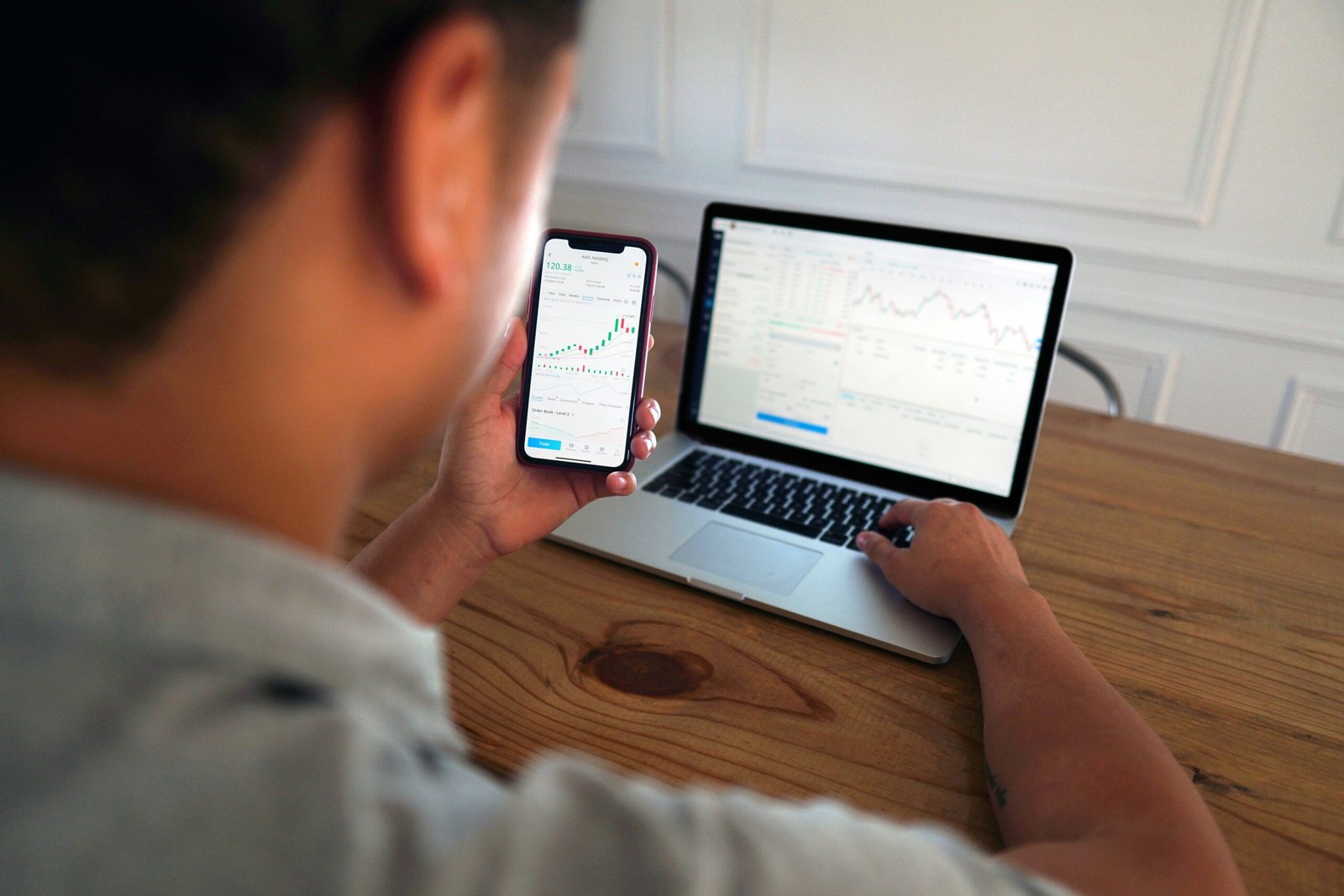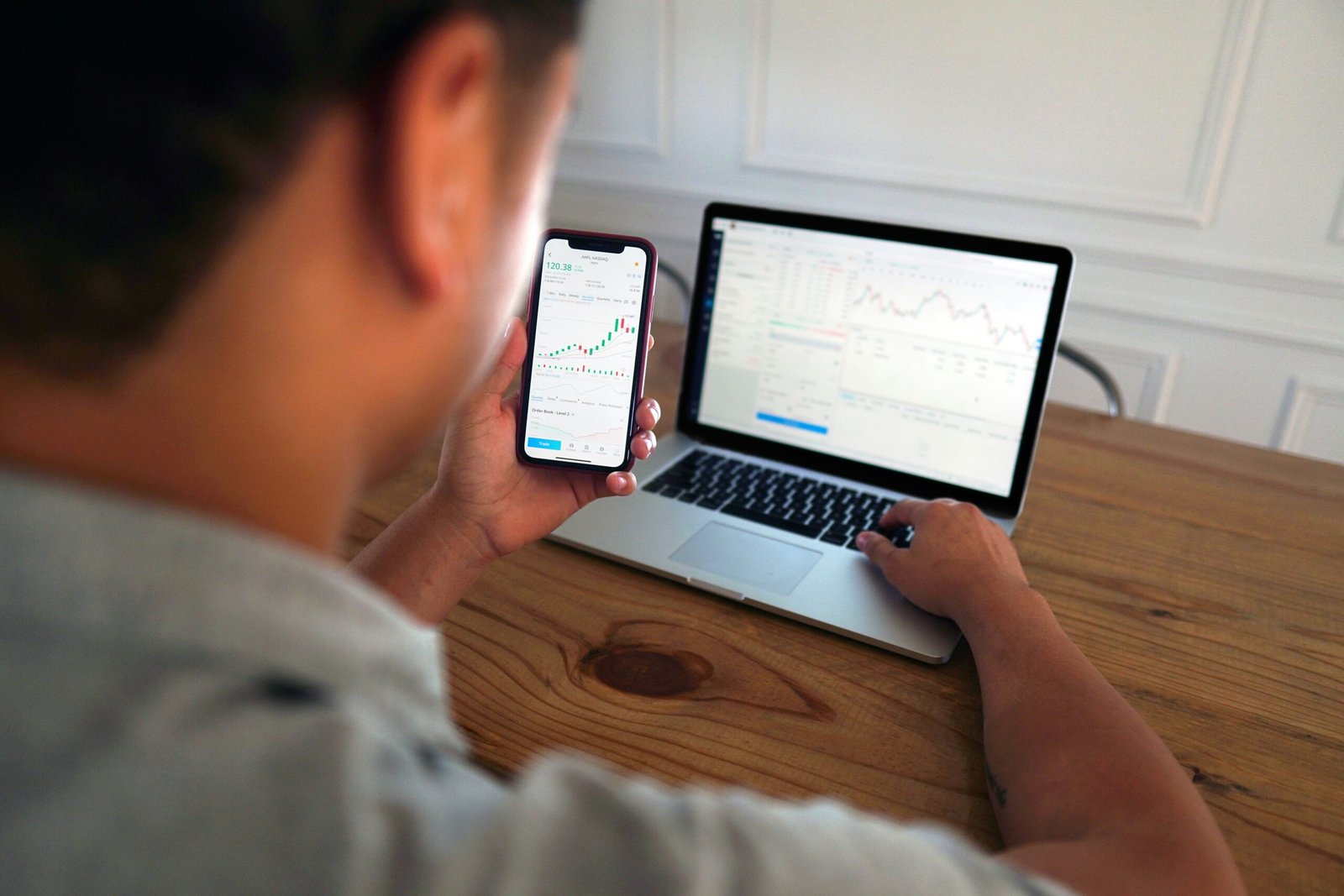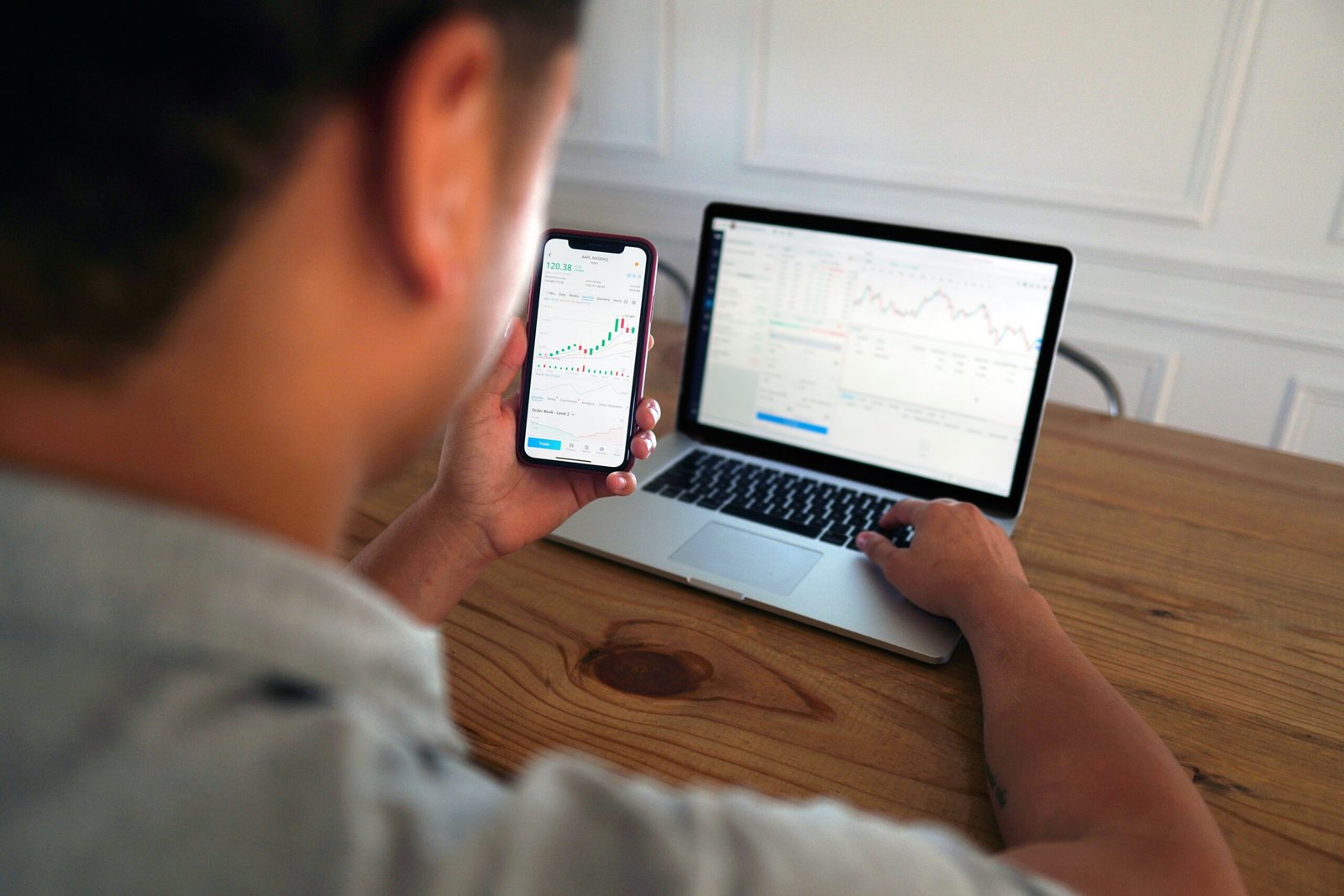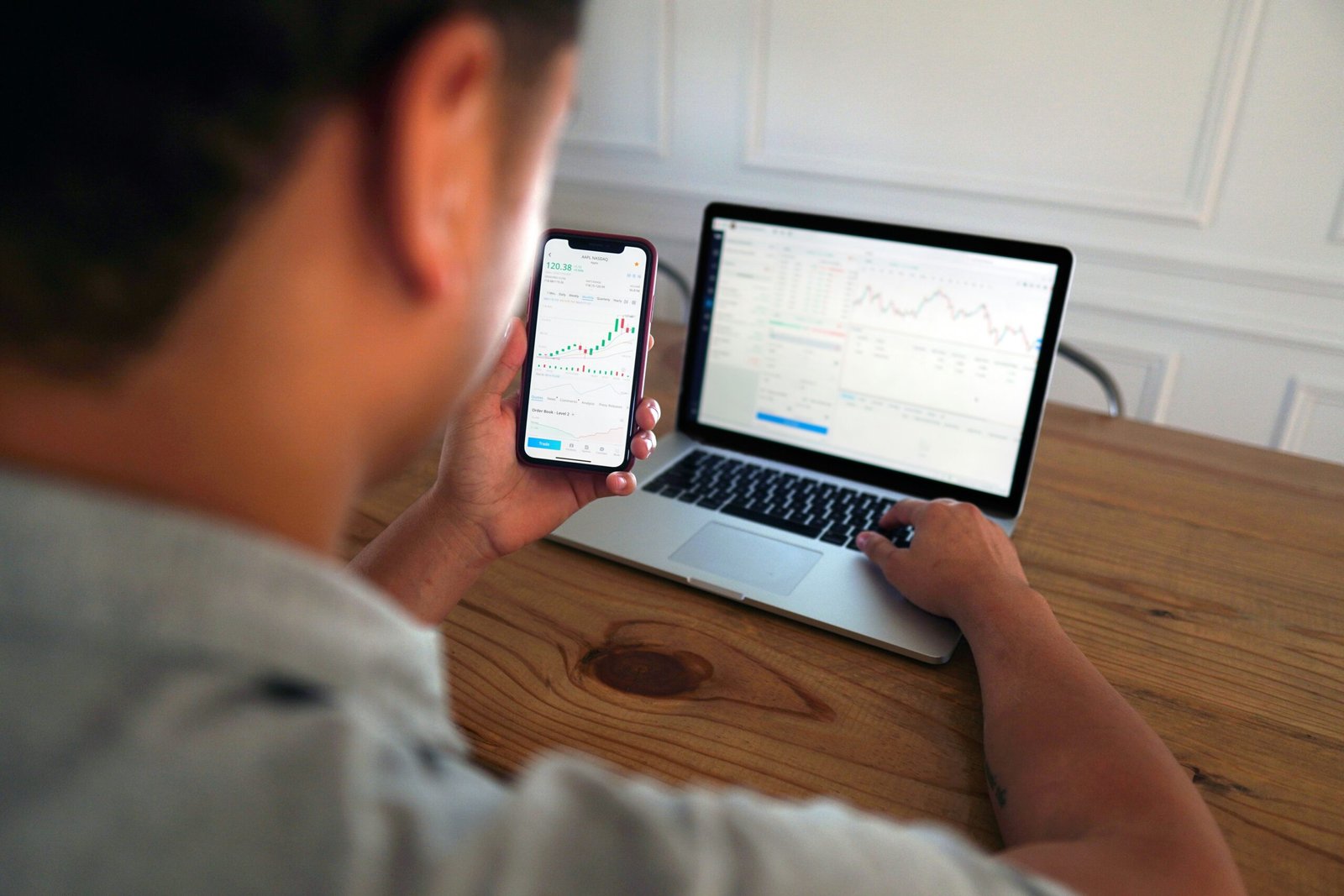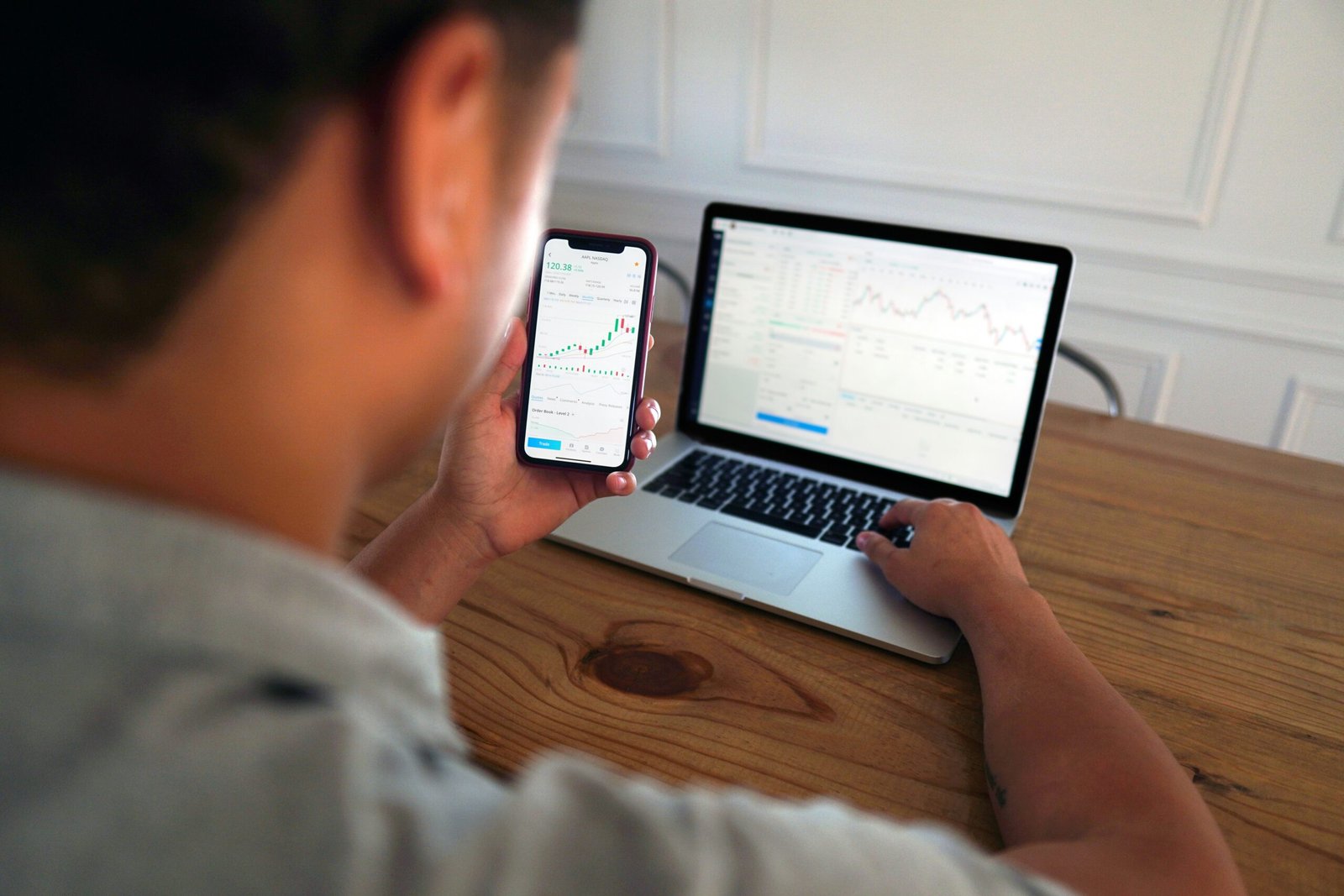Top 10 Forex Brokers with No Deposit Bonus
Introduction to Forex Trading
Forex trading, also known as foreign exchange trading, involves the buying and selling of currencies on the global market. It is one of the largest financial markets in the world, with a daily trading volume exceeding $6 trillion. This immense liquidity allows traders to engage in high-frequency trading and take advantage of price fluctuations, making forex an appealing option for investors.
The fundamental concept of forex trading revolves around currency pairs, which comprise two currencies that are traded against one another. Each currency pair is represented in terms of an exchange rate, indicating how much of the quote currency is needed to purchase one unit of the base currency. The most commonly traded pairs include EUR/USD, USD/JPY, and GBP/USD, though there are hundreds of pairs available for trading across various brokers.
Forex operates 24 hours a day, five days a week, enabling traders to participate at any time that suits their schedule. This round-the-clock trading is segmented into different market sessions, including the Sydney, Tokyo, London, and New York sessions. Each session presents unique trading opportunities and market dynamics, influenced by factors such as economic news releases, geopolitical events, and market sentiment.
In the forex market, participants range from central banks and financial institutions to retail traders and individuals seeking profit from currency fluctuations. Brokers play a crucial role in facilitating these transactions, providing the platforms and tools necessary for traders to execute their strategies effectively. Among the attractive features offered by various brokers is the opportunity to trade with no deposit bonuses, allowing newcomers to venture into the forex market with minimal financial risk. This introductory knowledge of forex trading sets the stage for exploring the advantages of choosing brokers that offer these enticing incentives.
Understanding No Deposit Bonuses
No deposit bonuses are a marketing tool used by forex brokers to attract new clients. These bonuses allow traders to start trading without the need to deposit their own funds initially. Essentially, a no deposit bonus offers prospective clients a small amount of trading capital, which they can use to explore the broker’s platform and services. This is particularly appealing for novice traders, as it provides a risk-free opportunity to gain experience in the forex market.
The implementation of no deposit bonuses varies among brokers, but they typically come with specific terms and conditions. For instance, while the initial bonus may appear as free money, traders often face withdrawal restrictions. This means that in order to withdraw any profits generated from trades made with the no deposit bonus, traders must first meet predetermined criteria, such as trading volume requirements or a minimum number of trades. Thus, while no deposit bonuses offer an enticing gateway into forex trading, they also place certain obligations on the trader.
Moreover, the advantages of these bonuses extend beyond risk reduction. They enable traders to assess the trading environment of a broker, including their trading platform, available currency pairs, and customer service, without financial commitment. This prevents the common pitfall of opening an account with a broker only to find that their services do not align with the trader’s needs. However, it is essential for traders to evaluate the terms closely, as brokers may impose strict conditions that can overshadow the benefits of a no deposit bonus.
In conclusion, no deposit bonuses represent an attractive opportunity for traders to enter the forex market without financial risk. Understanding how these bonuses work and their implications is crucial for traders seeking to make informed decisions about their trading endeavors.
Why Choose Brokers with No Deposit Bonuses?
Forex trading can be a daunting venture for inexperienced traders, making it essential to find enticing opportunities to lessen the financial risks involved. One such opportunity is the option to trade with brokers that offer no deposit bonuses. These bonuses allow aspiring traders to engage with the forex market without an initial cash commitment, making this option particularly appealing for beginners seeking to familiarize themselves with trading strategies and platforms.
One of the primary advantages of selecting a broker with a no deposit bonus is the ability to test various trading platforms and services. With access to real trading accounts, users can explore unique features, interface designs, and tools offered by different brokers. This hands-on experience enables traders to determine which platform fits their trading style best. Furthermore, as traders become comfortable navigating the platform, they gain the confidence required to execute trades in a real market environment.
Additionally, no deposit bonuses provide a way for traders to build experience without incurring any financial risk. For novice traders, understanding market volatility, order execution, and risk management can be challenging. Utilizing a no deposit bonus allows beginners to practice trading techniques and develop a deeper grasp of market dynamics, ultimately enhancing their skills over time. Moreover, successfully trading with these bonuses can lead to earnings, turning a risk-free opportunity into a potential profit-making venture.
In essence, brokers offering no deposit bonuses serve as a low-risk entry point for those new to forex trading. By providing an opportunity to learn, practice, and potentially earn real money, these brokers empower traders to make informed decisions when they decide to invest their own capital. Consequently, the appeal of no deposit bonuses lies in the unique chance to engage with the forex market while minimizing initial financial risks.
Criteria for Selecting Top Forex Brokers
When evaluating forex brokers, particularly those that offer no deposit bonuses, several essential criteria must be considered to ensure a satisfactory trading experience. First and foremost is regulatory compliance, which serves as a protector for traders. A reputable forex broker should be regulated by recognized authorities, such as the Financial Conduct Authority (FCA) in the UK or the Commodity Futures Trading Commission (CFTC) in the United States. Compliance with these entities not only guarantees transparency but also indicates the broker’s commitment to maintaining fair trading practices and protecting clients’ funds.
Another crucial factor is the trading platform provided by the broker. The platform should be intuitive, user-friendly, and equipped with robust tools for analysis and trading. Popular platforms such as MetaTrader 4 and MetaTrader 5 offer comprehensive functionalities for traders. Furthermore, the availability of mobile trading apps is vital for those who prefer to manage their investments on the go. A broker that invests in cutting-edge technology often translates into a more seamless trading experience.
Customer service is also a significant aspect to consider when selecting a forex broker. The responsiveness and professionalism of support staff can make a considerable difference, especially in the fast-paced world of forex trading. A reliable broker should offer various channels of communication, including live chat, email, and phone support, ensuring that clients can seek assistance whenever necessary.
Lastly, it is essential to thoroughly understand the terms associated with the no deposit bonus. Many brokers use these bonuses as promotional tools to attract new clients. However, traders should scrutinize the withdrawal conditions and the overall feasibility of the bonus. Evaluating these critical elements will ultimately aid traders in choosing the most suitable forex broker that aligns with their trading strategies and goals.
List of Top 10 Forex Brokers with No Deposit Bonus
In the thriving world of forex trading, numerous brokers present opportunities to traders without requiring an initial deposit. Below is a curated list of ten reputable forex brokers that currently offer enticing no deposit bonuses, serving as an excellent entry point for both novice and experienced traders.
1. FBS: FBS stands out with its alluring no deposit bonus of $100. Renowned for its competitive spreads and swift execution, FBS caters to a diverse clientele. Traders can benefit from access to a wide array of trading instruments, as well as educational resources for skill enhancement.
2. InstaForex: Offering a no deposit bonus of $100, InstaForex has built a solid reputation in the forex community. They provide a comprehensive suite of services, including customizable trading accounts and an assortment of analytical tools. Their user-friendly platform is ideal for both beginners and proficient traders.
3. RoboForex: With a no deposit bonus of $30, RoboForex ensures an impressive trading environment characterized by low spreads and high leverage. They also feature an extensive educational section, making it an attractive choice for those seeking to enhance their trading expertise.
4. XM: XM offers traders a no deposit bonus of $30, amplifying their welcoming experience. Their commitment to customer support and a diverse trading portfolio positions them favorably within the industry. Traders can also rejoice in the smooth and seamless trading environment provided by their platforms.
5. OctaFX: This broker provides a $50 no deposit bonus to new clients, creating a robust entry into the trading realm. OctaFX is well-regarded for its innovative trading tools and features, ensuring that traders can maximize their potential.
6. LiteForex: LiteForex’s no deposit bonus of $50 is coupled with a focus on creating a supportive community for traders. With flexible trading conditions and a plethora of educational materials, LiteForex offers a well-rounded trading experience.
7. Exness: Known for its reputation of reliability and excellent service, Exness provides a no deposit bonus of $10. The broker excels in its offerings of various account types and trading platforms, catering to a broad spectrum of trading preferences.
8. Grand Capital: Grand Capital invites traders with a $500 no deposit bonus, establishing itself as an exceptional option for traders seeking to start without financial risk. Their extensive range of assets and comprehensive support systems further set them apart.
9. FXOpen: FXOpen offers a no deposit bonus of $10, standing out for its commitment to ensuring clients have a satisfactory trading experience. They also provide extensive market analysis tools, making it easier for traders to make informed decisions.
10. Weltrade: Weltrade rounds off the list with a $20 no deposit bonus. The broker prides itself on a transparent trading environment, superior market execution, and a wealth of packages designed to cater to different trader profiles.
These forex brokers with no deposit bonuses present exciting opportunities for traders to explore the foreign exchange market without initial financial commitments. Each broker delivers unique offerings, allowing traders to select the one that best aligns with their trading goals and preferences.
Comparative Analysis of No Deposit Bonuses
No deposit bonuses have emerged as an enticing option for traders looking to engage in Forex trading without committing personal funds right away. A comparative analysis of the top 10 Forex brokers offering no deposit bonuses reveals important distinctions that can influence a trader’s experience. Each broker presents varying bonus amounts, which can range significantly, allowing traders to select one that best aligns with their trading strategy and goals.
In terms of bonus amounts, brokers vary with some offering modest incentives, while others provide substantial sums that can significantly enhance trading potential. However, the allure of larger bonuses must be tempered with scrutiny regarding withdrawal conditions, as these determine how easily one can access profits. Many brokers impose stringent requirements, often necessitating a certain volume of trades before any earnings can be withdrawn. It is crucial for traders to thoroughly review these conditions to avoid misunderstandings that could disrupt their trading journey.
Moreover, trading platforms offered by these brokers can significantly affect user experience. While some brokers provide advanced trading tools and user-friendly interfaces, others may feature basic platforms that limit trading flexibility. This aspect becomes essential as traders should ensure that the platform lays out the requisite functionalities for technical analysis, as well as ease of use, crucial for executing trades effectively.
By highlighting these comparative elements, traders can make informed decisions when selecting a Forex broker for their no deposit bonus. Understanding the relationship between bonus amounts, withdrawal conditions, and trading platforms can lead to a more satisfying trading experience. Such careful consideration equips traders with the necessary insights to leverage their advantages while minimizing potential risks in the Forex market.
Tips for Maximizing No Deposit Bonuses
Maximizing the potential of no deposit bonuses requires strategic planning and informed decision-making. First and foremost, effective risk management plays a crucial role in enhancing profitability. Traders should establish a clear risk management strategy, incorporating guidelines on how much capital they are willing to risk on each trade. This may involve setting stop-loss orders and being mindful of position sizing, ensuring that no single trade can significantly affect the overall trading account. By doing so, traders can better navigate the inherent volatility of the forex market while safeguarding their capital.
Choosing the right trading instruments is also vital. It is advisable to focus on currency pairs that are known for their liquidity and volatility, as these factors can provide ample trading opportunities. Major currency pairs, such as EUR/USD or GBP/USD, are often the best choices, especially for traders looking to optimize their no deposit bonuses. Additionally, traders should consider utilizing technical analysis to identify suitable entry and exit points, which can further enhance the effectiveness of their trading strategies.
Understanding the specific terms and conditions associated with no deposit bonuses is equally important. Each broker may have different requirements regarding trading volume, and withdrawal policies can vary significantly. Traders should take the time to thoroughly read and comprehend these terms, ensuring that they remain compliant while maximizing the benefits of their bonus. Moreover, being aware of any time limits on the bonus can prevent missed opportunities and allow traders to devise a plan that capitalizes on available resources.
In conclusion, by implementing sound risk management practices, selecting appropriate trading instruments, and fully understanding the terms of the no deposit bonuses, traders can significantly enhance their trading experience and profitability potential within the forex market.
Common Pitfalls to Avoid with No Deposit Bonuses
No deposit bonuses can provide an excellent opportunity for traders to explore the Forex market without the risk of their own capital. However, these bonuses come with their own set of challenges. Understanding these common pitfalls is essential for maximizing the potential benefits and minimizing associated risks.
One significant mistake traders often make is failing to read the terms and conditions associated with the no deposit bonus. Each brokerage firm stipulates specific requirements for withdrawing profits generated from these bonuses. Traders must pay attention to factors such as minimum trading volumes, time limits, and withdrawal restrictions. Neglecting to understand these conditions can lead to frustration and the potential loss of earned profits.
Another critical pitfall involves over-leveraging. Many traders might be tempted to increase their leverage significantly, believing that no deposit bonuses allow them to take higher risks. While it is tempting to chase larger profits, this approach increases the likelihood of substantial losses. Employing a well-balanced leverage strategy is essential; traders should focus on sustainable growth rather than short-term windfalls.
Furthermore, a lack of understanding regarding trading risks is another common issue. The Forex market is inherently volatile, and no deposit bonuses can lead traders to underestimate the potential for loss. Developing a solid risk management strategy is crucial. This strategy should include setting stop-loss orders, diversifying trades, and not investing more than what one can afford to lose. Awareness of the market dynamics will contribute significantly to a trader’s long-term success.
By performing thorough research, understanding the specific terms of the no deposit bonus, and implementing strategic trading practices, traders can effectively navigate these challenges. This proactive approach will not only enhance their trading experience but also lead to more favorable outcomes in their trading journey.
Conclusion and Recommendations
In conclusion, choosing a forex broker that offers a no deposit bonus can provide significant advantages for both novice and experienced traders. These bonuses allow individuals to explore various trading strategies and gain valuable experience without risking their own capital. Throughout this blog post, we have highlighted the merits of trading with brokers that provide such incentives, including the opportunity to familiarize oneself with the trading platform, test different instruments, and enhance overall trading skills.
When selecting a forex broker offering a no deposit bonus, it is essential to consider several factors that align with individual trading needs. Traders should evaluate the broker’s reputation, regulatory licensing, and customer service quality. Furthermore, while no deposit bonuses present a low-risk entry point into the forex market, understanding the associated terms and conditions is crucial, as these may impact how quickly one can withdraw any earnings made through trading.
Moreover, prospective traders must assess their own risk tolerance and goals before engaging with any trading activity. Some brokers may suit those looking for a hands-on approach with higher risk, while others provide a more conservative setting for those who prefer to trade with caution. It is advisable for traders to seek out educational resources, participate in forums, or even practice with demo accounts to enhance their understanding of the forex markets. Continuous education is vital in adapting to market changes and improving trading performance.
As you embark on your trading journey, we encourage you to explore the options available that offer no deposit bonuses. This can be an excellent stepping stone, laying the foundation for a successful trading career while enabling you to trade responsibly and effectively.
